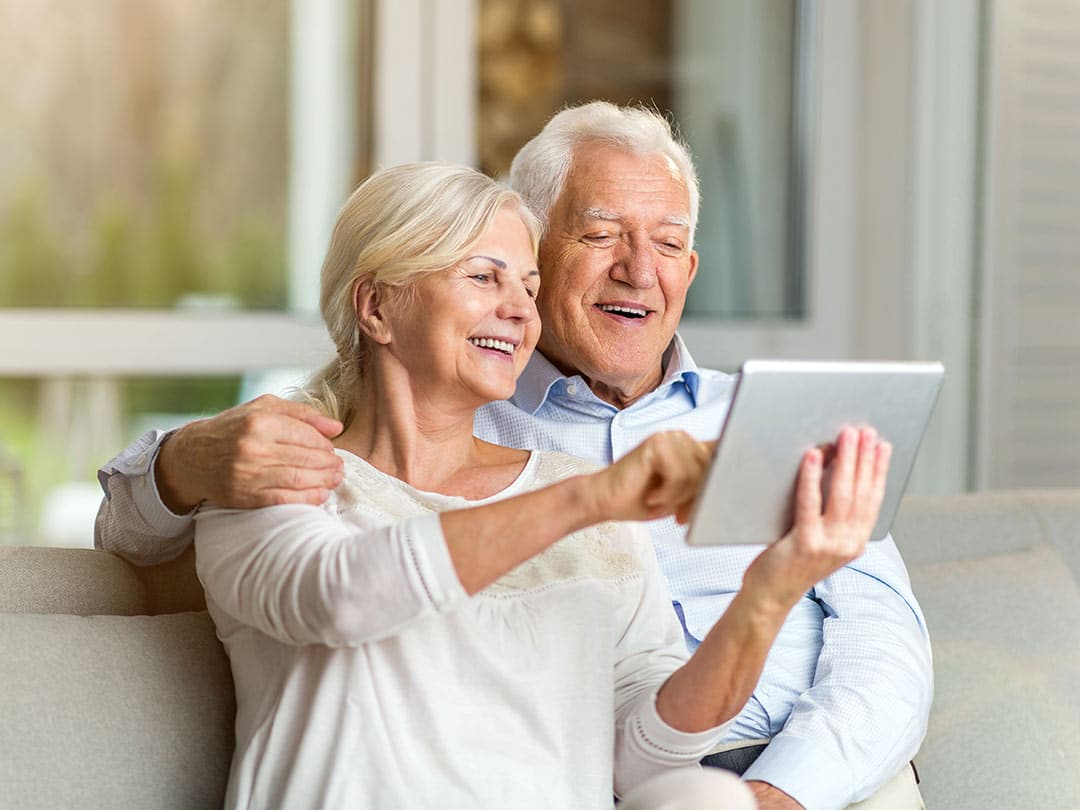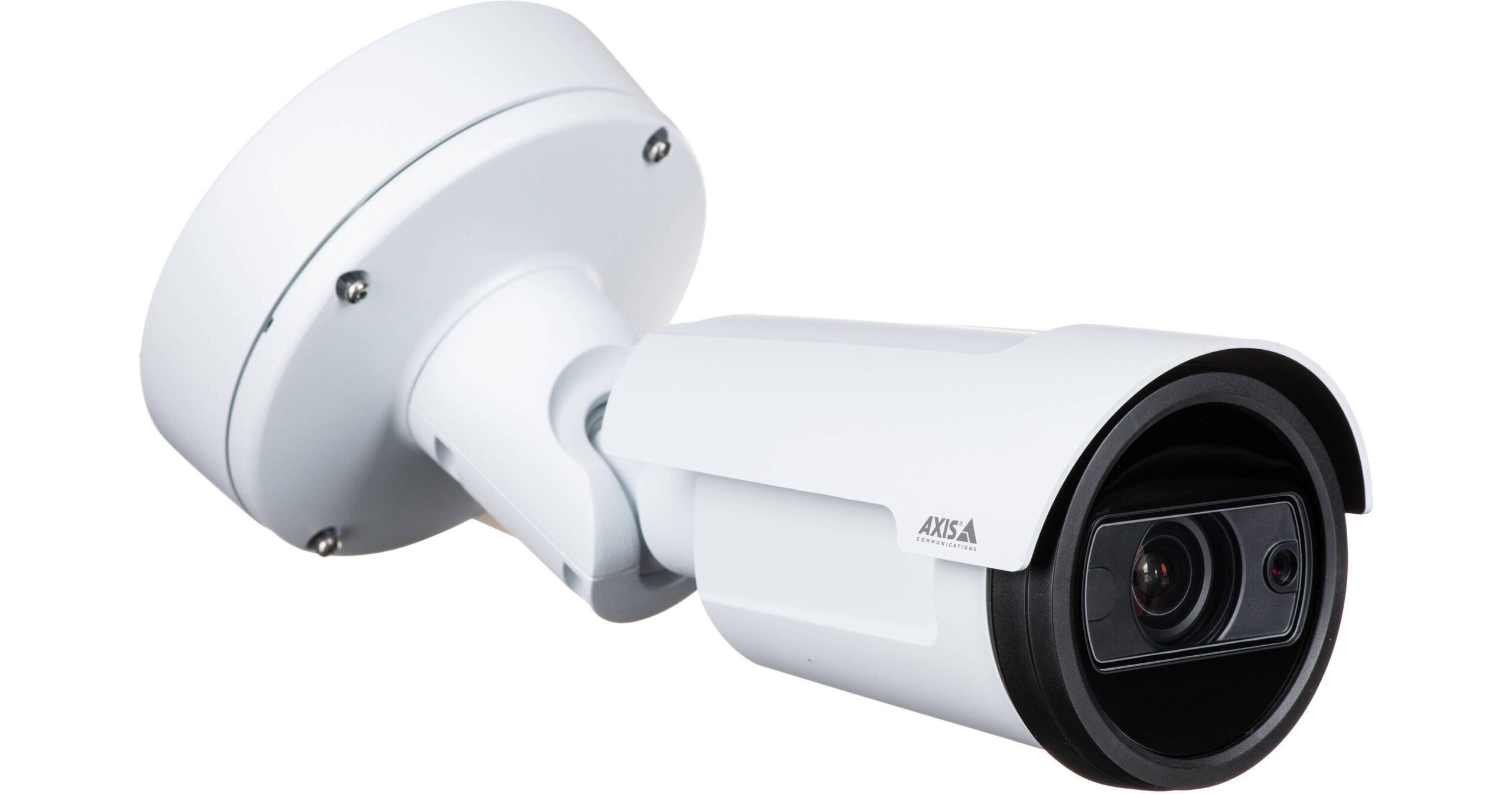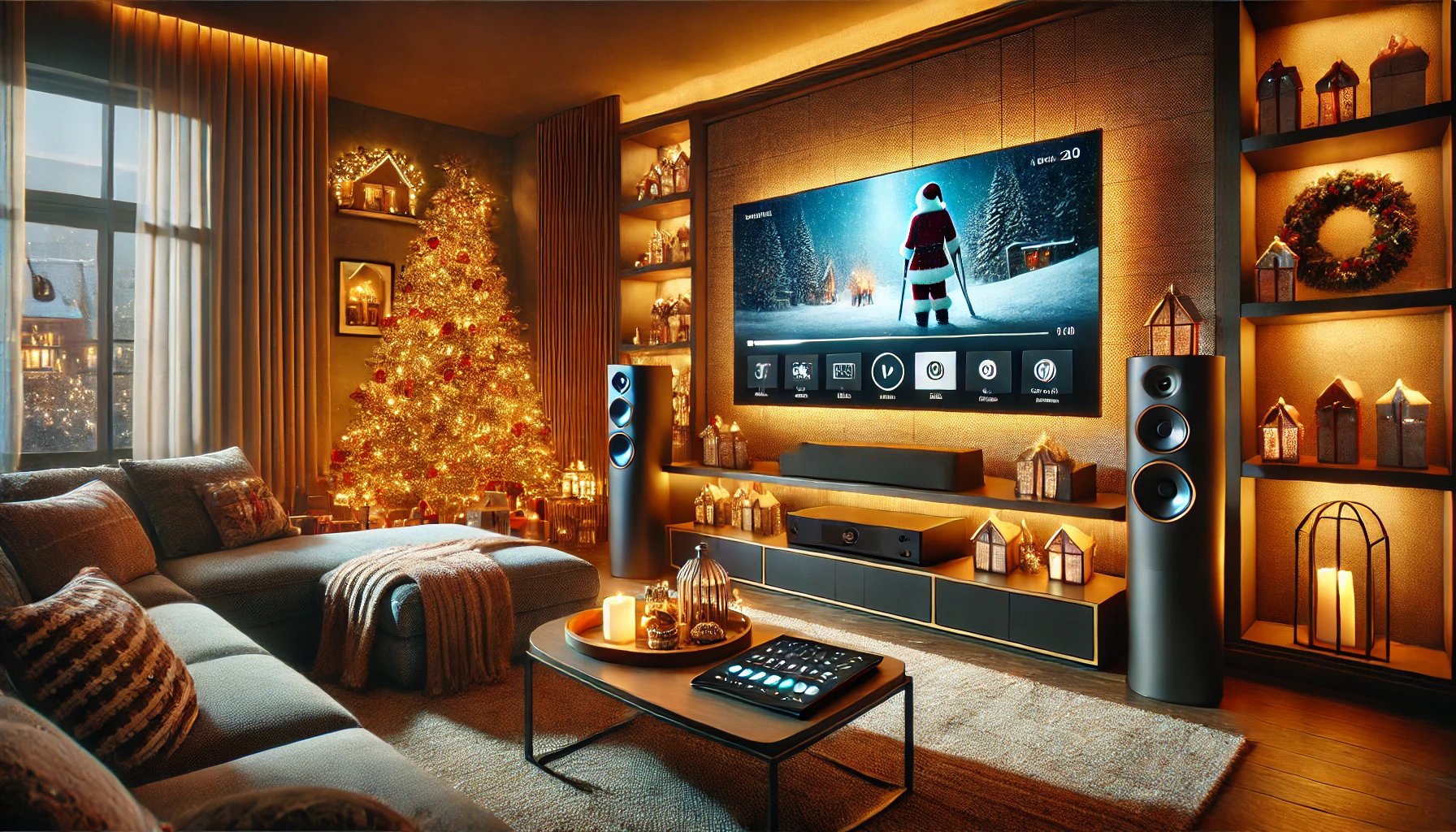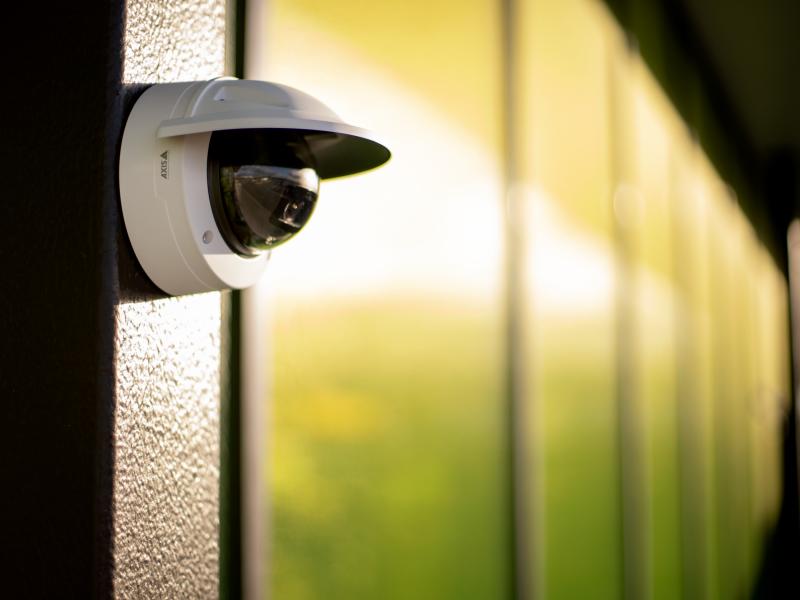Disabled and elderly demographics are often forgotten and excluded from many user experiences. But when it comes to smart home solutions, some devices and experiences are made specifically with these demographics in mind, enabling independence, comfort, and convenience. Our team at Xssentials can tailor our solutions for homeowners of all ages and abilities.
Maintaining a Self-Sufficient Lifestyle
Living a comfortable and independent life can feel out of reach for some elderly and disabled homeowners and their caretakers, but with smart home solutions, it’s easily achievable. People who have been dependent on external sources for assistance with their visual impairment, chronic illness, or physical immobility can instead utilize smart home devices in daily life. Users can operate nearly every function of their home through an app in the palm of their hand or with their voice when a voice assistant is connected. Residents will have the ability to adjust the home’s temperature, dim the lighting, switch the TV on and off, and even peer at security cam footage. Users can also access important physical and medical data that many smart home devices track. AI and robot vacuums create a clean and healthy space by eliminating allergens and irritants that lower immune systems and cause disease.
If you decide to make a voice command assistant as the centralized control hub, then managing the home is a hands-free experience, which is ideal for residents with limited mobility or visual impairments. Studies have shown that many seniors prefer to use voice activation over a screened control system due to ease of use. They can make calls to doctors and family members, listen to their favorite albums, check the weather forecast, and close their blinds with simple spoken requests. Voice command assistants are linked to smart devices and appliances via Bluetooth, making convenience and independence only a few words away.
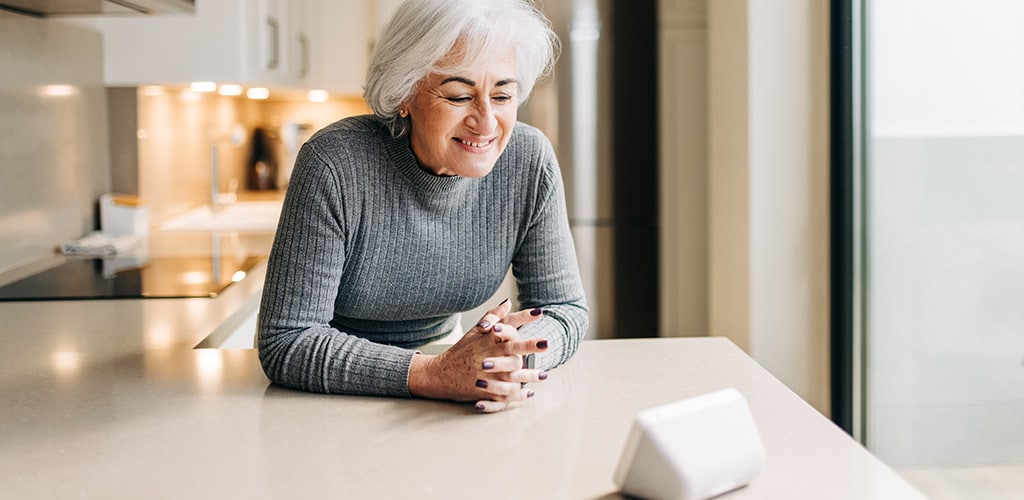
Securing Peace of Mind
Safety tends to be a top concern for homeowners with impairment. Smart security systems are the perfect solution to grant disabled residents and their loved ones a greater sense of safety. Similarly, many seniors tend to worry about the well-being of themselves and their families. Smart locks, doorbells, and surveillance systems are useful in protecting homeowners who want to enjoy safe, self-sufficient lives.
For visually impaired users, smart doors that use audio or visual cues are essential to alert the homeowner when the front door has been opened. Homeowners can monitor the traffic of people coming through the home with smart locks and doorbells, which can also be remotely controlled through a paired app by multiple individuals with access. It means if your elderly parent forgot to lock the door, you can seal it behind you, or note the door opened right when the nurse was scheduled to arrive. Many smart doorbell options are equipped with motion-sensor cameras, so the homeowner can view, speak with, and unlock the door for guests without leaving their room, making this an excellent solution for users with limited mobility. Smart locks are more secure than keypads because only an authorized smartphone can access the lock rather than through a code anyone could guess. You can even assign individual codes to certain smartphones to track exactly who’s been to the home and assign daily or weekly restrictions.
If you are a caretaker of a disabled or elderly home resident and want to check in on them without potentially bothering them with house visits or calls, it’s easy to do so with a CCTV system. No matter if you’re at home or on vacation, you can access your loved one’s camera feeds via a paired app on your phone. Surveillance cameras can be installed on the home’s exterior and interior, with the option to send movement notifications to your cellphone. Silent alarm systems are also useful in alerting external caretakers if the system has sensed the homeowner is unresponsive, fallen, or calls for help.
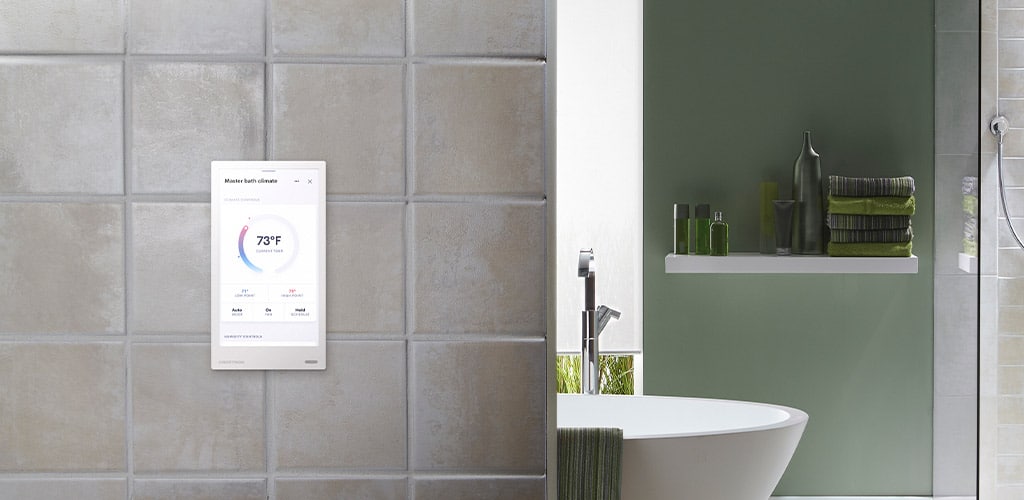
Caring for Sensitive Bodies
Your smart home devices can improve the home’s energy efficiency when linked with a smart energy management system. This is a helpful solution for residents with cerebral palsy, who possess a lower core body temperature and could benefit from a system that conserves energy and maintains a warmer home than a traditional thermostat. Homeowners with physical limitations, like wheelchair users, can adjust the temperature through a smartphone without requiring someone to reach a control panel high on a wall.
Similarly, no one will be needed to manually close the blinds. Smart blinds block out sunlight to keep the home cool in the summertime, which can easily be controlled through a voice assistant, remote control, or smartphone app. Furthermore, motion-sensor automated lights can activate in the nighttime to keep rooms and hallways well-lit to prevent a fall in the dark. Their settings can be adjusted for brightness for users with sensory overstimulation.
Experiencing Empowered Living
As companies develop more solutions with elderly and disabled users in mind, these solutions grant more homeowners the ability to live an empowered, independent lifestyle. Here at Xssentials, our smart home solutions provide self-sufficiency, comfort, and security for homeowners of all ages and abilities. Whether you are interested in indoor CCTV systems or centralized voice command, contact us today to get started!
